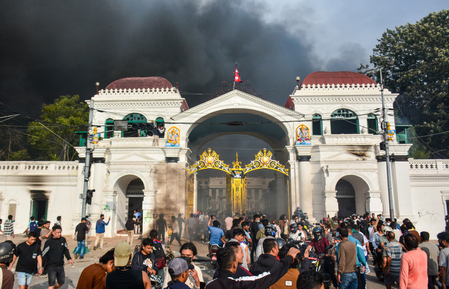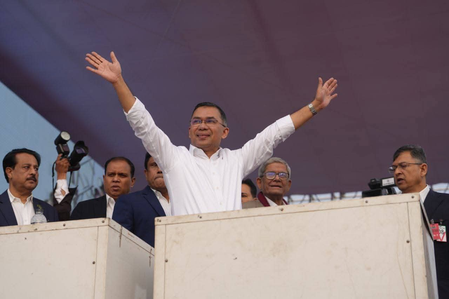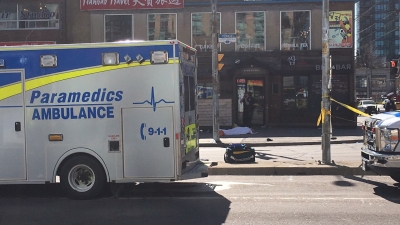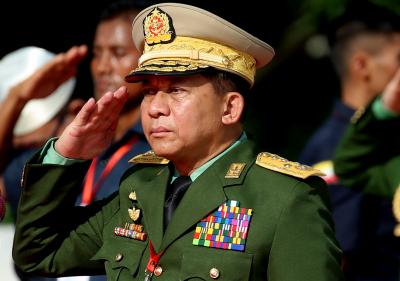
New York, Nov 20 (IANS) Human Rights Watch (HRW), a US-based advocacy group, has called on Nepal’s interim government led by Prime Minister Sushila Karki to investigate the excessive use of force, as well as arson and mob attacks on people and public properties during the September Gen Z protests.
The advocacy group also called on the current administration to investigate the role of those who may have ordered any unlawful acts.
According to the HRW, police in Kathmandu indiscriminately opened fire on protesters multiple times over three hours on September 8 during the Gen Z protests, killing 17 people who had been demonstrating against political corruption and a sweeping social media ban imposed four days earlier.
The rights body stated that the unrest sparked a second day of violence on September 9, yet security forces appeared to fail to act when groups of people, some apparently not linked to the Gen Z protest, set fire to prominent government buildings; assaulted politicians, journalists, and others; and attacked schools, businesses, and media companies.
“The recent violence in Nepal included serious human rights violations, and those responsible should be held accountable, whether they are security forces or political actors. The government should ensure that the investigations are independent, time-bound, and transparent, and that no one found responsible for breaking the law is unfairly protected from proper prosecution,” said Meenakshi Ganguly, deputy Asia director at HRW.
The HRW noted that several witnesses alleged that some mob attacks were selective and questioned why security forces did not intervene decisively.
“The attacks were very targeted,” HRW quoted a businessman as saying, noting that neighbouring businesses were typically left unscathed.
Citing several witnesses, the rights body said that security forces were largely absent as arson spread across the city on September 9, failing to protect individuals and properties under attack.
“The commission created to investigate the events of September 8 and 9 should examine the role of security forces, credible allegations of infiltration, and criminal acts contributing to violence,” the HRW stressed.
As of November 10, the rights body said, Nepal’s police had arrested 423 people allegedly involved in the violence on September 9, but had not taken action against officers who unlawfully opened fire on protesters on September 8.
“The authorities should recognise that widespread impunity for human rights violations in the past helped enable the violence that occurred this time in Nepal. It is crucial to reverse the decades-long tendency by successive governments in Nepal to bury investigations and stall prosecutions, and to bring about accountability and security sector reform,” Ganguly stressed.
–IANS
scor/sd/




